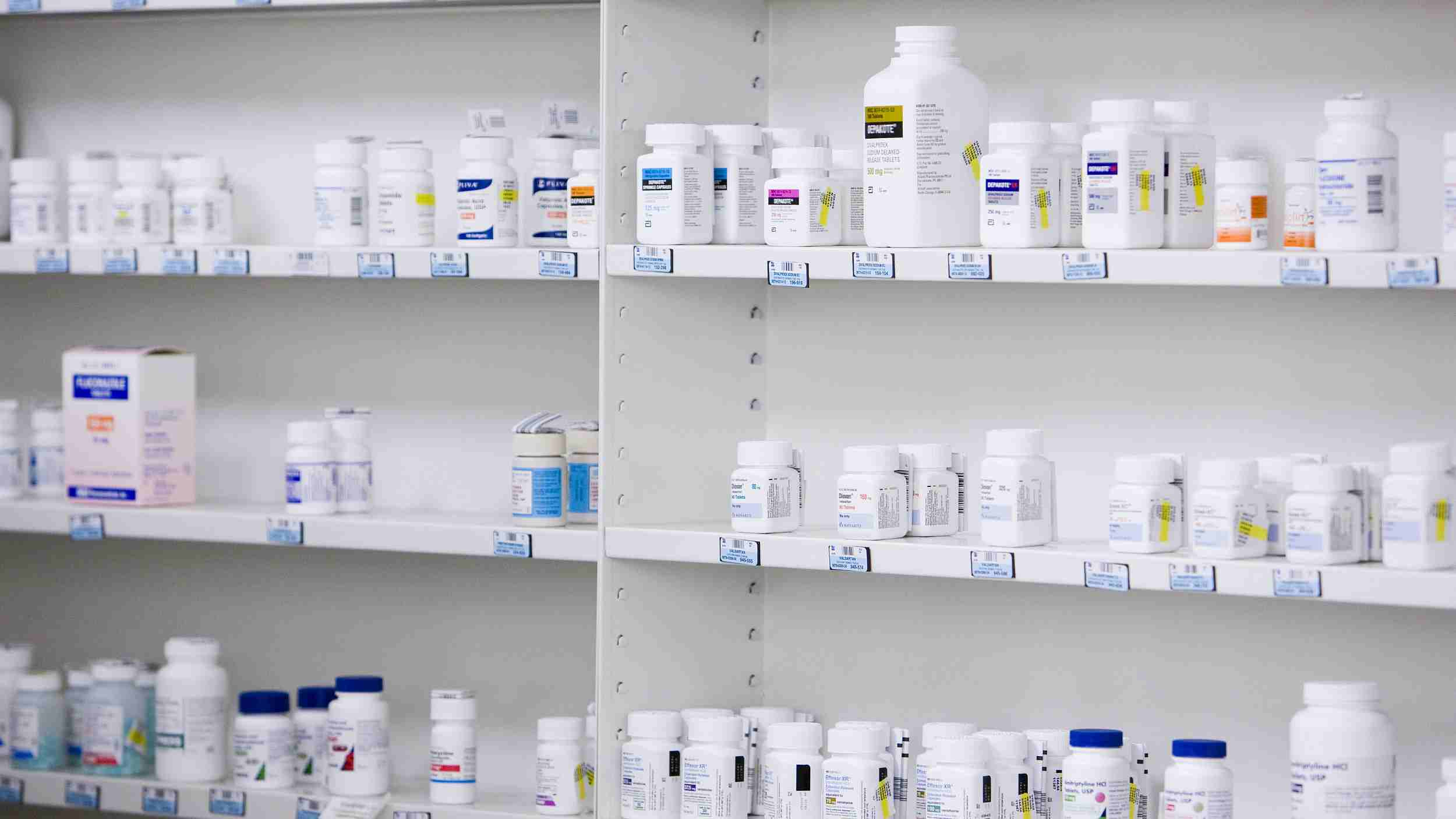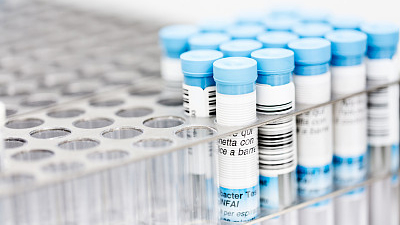
Money Stories
20:23, 21-Apr-2019
China mulls tightening regulation of drug production, sale
CGTN

China is considering tightening regulation over the production and sale of drugs in revisions made to an amendment of the Drug Administration Law.
The measures were made public as the draft revisions are under review at the ongoing session of the Standing Committee of the National People's Congress (NPC).
The draft requires individuals and entities who have become medicine marketing authorization holders (MAHs) to be responsible for the drugs' clinical and non-clinical trials, manufacturing, selling, and the analysis, report, and response of adverse reactions.
The MAHs should sign agreements with manufacturers, sellers, transporters, and keepers of the drugs to make sure they are capable of maintaining the quality of drugs and managing risks, the draft says.

China now offers preferential value-added tax (VAT) policies for drugs aimed at the treatment of rare diseases. /VCG Photo
China now offers preferential value-added tax (VAT) policies for drugs aimed at the treatment of rare diseases. /VCG Photo
"The draft makes it clear that MAHs must be responsible for the full 'life-cycle' of drugs," said Tang Minhao, head of the Shanghai Association of Food And Drug Safety. "The MAHs will become the primary target of drug supervision."
The MAH system has been introduced in selected cities and regions for more than four years in a pilot reform.
The draft aims to monitor drug prices and guarantee drug supplies. Government authorities will monitor drug prices and conduct investigation of cost prices when necessary, according to the draft.
China will also encourage research and production of drugs in short supply, and give priority to examining and approving drugs and raw materials which are in short supply.
Relevant authorities under the State Council can interfere in the production, pricing and imports of certain drugs where there is a shortage of supply, the draft says.
The government should strengthen supervision concerning drug shortages while enterprises should also shoulder responsibilities to avoid damage to public health due to shortages of life-saving medicine, said Song Hualin at Nankai University School of Law.
Source(s): Xinhua News Agency

SITEMAP
Copyright © 2018 CGTN. Beijing ICP prepared NO.16065310-3
Copyright © 2018 CGTN. Beijing ICP prepared NO.16065310-3